
Egypt Looking to Host International Meeting on Palestine Issue
Egypt has sent invitations to host an international regional summit aimed at addressing the recent developments relating to
2023-10-15 19:47
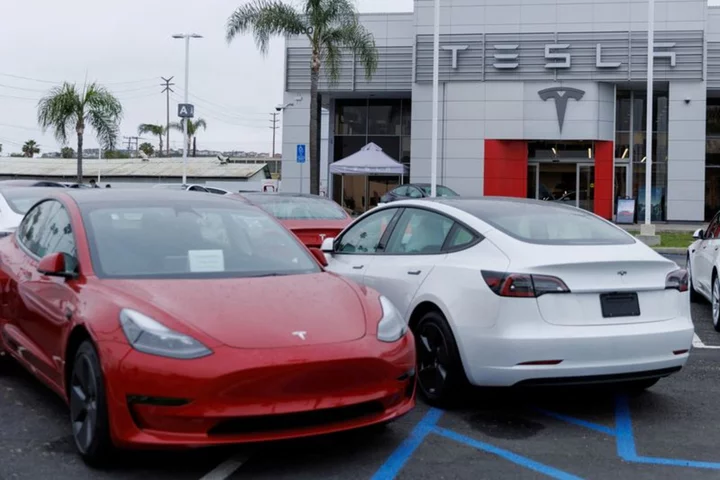
US opens probe into 280,000 new Tesla vehicles over steering issue
By David Shepardson WASHINGTON (Reuters) -U.S. auto safety regulators said Tuesday they have opened an investigation into 280,000 new Tesla
2023-08-02 00:46

Qatari Investors Withdraw Bid for Manchester United
The Qatari group led by Sheikh Jassim Bin Hamad J.J. Al Thani has withdrawn its bid to buy
2023-10-15 02:22

US shifting COVID antivirals to commercial market on Nov. 1
By Ahmed Aboulenein WASHINGTON Most people will retain access to Pfizer's Paxlovid and Merck's Lagevrio COVID-19 oral antiviral
2023-10-28 04:16
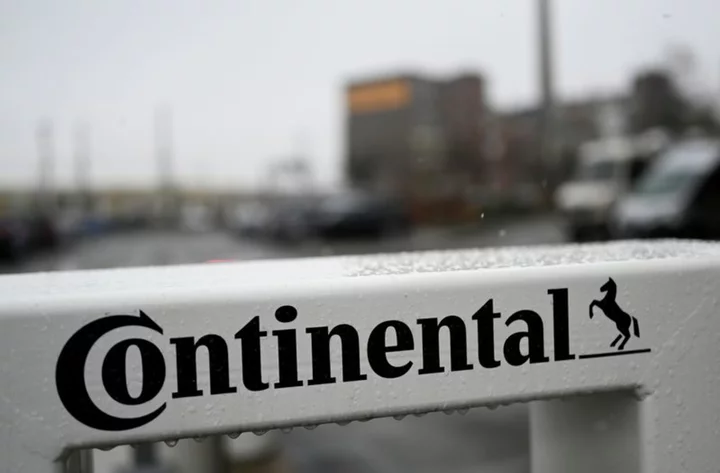
Continental boosts earnings on higher pricing, lower inventories
By Victoria Waldersee BERLIN (Reuters) -Continental reported earnings in line with consensus on Wednesday as successful price negotiations, lower inventory
2023-11-08 15:18

Secure lifetime access to CompTIA and IT study guides for under £25
TL;DR: A lifetime subscription to the 2023 CompTIA and IT Exam Study Guide is on
2023-08-20 12:56
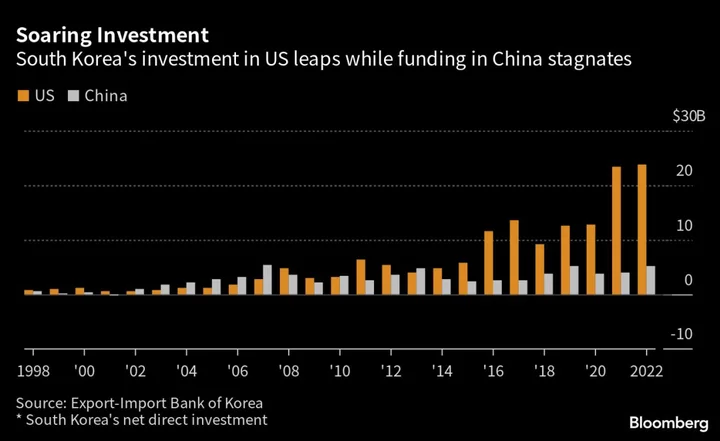
South Korea to Avoid Cashing In on China’s US Chipmaker Ban
South Korea will avoid capitalizing on China’s ban on a US chipmaker, seeing the move by Beijing as
2023-05-28 07:48

Soaring Travel Stocks Risk Stalling as Pent-Up Demand Wanes
Airline, hotel and cruise stocks have jumped since late May as consumers rush to travel, but the outlook
2023-06-17 02:18

OnlyFans model slammed for filming promotional clip with her brother
An OnlyFans creator has caused a stir online after filming a promotional video with her brother. Camilla Araujo, who appeared on MrBeast's famed Squid Game challenge, took to social media with the clip that shows her asking her younger brother what it feels like to have a sister that is on the adult platform. "My friends always ask me if it’s pink, and I don’t really know what they mean by that," the brother responded. The clip was soon shared to X (formerly known as Twitter) where it was inundated with comments from disturbed users. "She gotta go to jail for this one man," one person said, while another added: "Desperate times call for desperate measures." "He better not actually be a brother, I could never agree to do a vid like this let alone have a sister that does OF," a third said. Another quipped: "This generation is doomed" Sign up for our free Indy100 weekly newsletter Meanwhile, across the pond in London, one OnlyFans creator was bombarded with complaints for her unique advertising methods. It came after billboards promoting a NSFW page were cropping up across London, including in Harrow and Edgware, northwest London and Norwood. One resident was so outraged that they graffitied the OnlyFans advert in North Harrow with the message: "Keep porn off our streets." Another resident, who asked not to be named, said: “I am not making a moral argument for or against pornography, but rather how it is allowed to be advertised in such an unregulated way. “The use of sexualised imagery, although far from ideal, is not my main sticking point, rather, the service advertised is entirely inappropriate for a billboard visible to all. Harrow is a rural suburb of Greater London, not Soho or the red light district of Amsterdam," they continued. Have your say in our news democracy. Click the upvote icon at the top of the page to help raise this article through the indy100 rankings.
2023-08-14 19:45
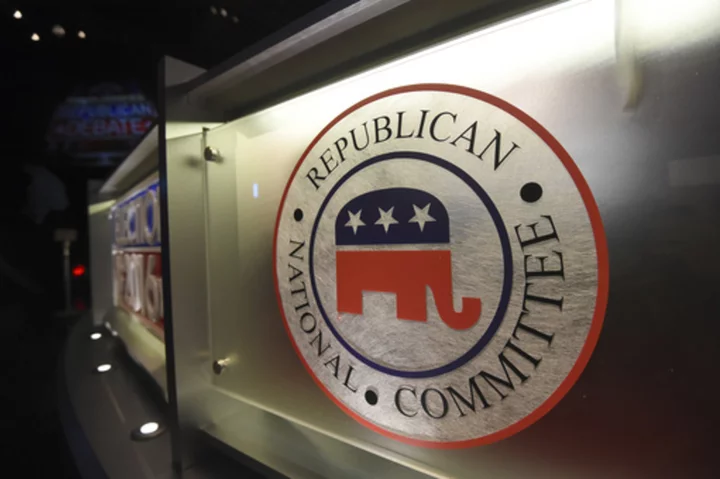
2024 GOP candidates desperate to make debate stage are finding creative ways to boost donor numbers
With six weeks until the first 2024 Republican presidential debate, some hopefuls are finding creative ways to boost their donor numbers and ensure they make it on stage
2023-07-16 19:49

Santos avoids prosecution in deal with Brazilian authorities in fraud case
US Rep. George Santos has signed a deal with Brazilian authorities to avoid prosecution in lieu of a confession, reimbursement for the victim and a fine to the state stemming from a 2008 fraud case, his attorney said.
2023-05-12 03:50

Authorized Distributor Mouser Electronics Recognized for Exemplary Performance from its Manufacturer Partners
DALLAS & FORT WORTH, Texas--(BUSINESS WIRE)--Jun 28, 2023--
2023-06-28 22:29
You Might Like...

PPM America’s Melissa Binder Elected President of Women Investment Professionals

Mexico's Femsa posts third-quarter profit dip on peso strength, discontinued ops
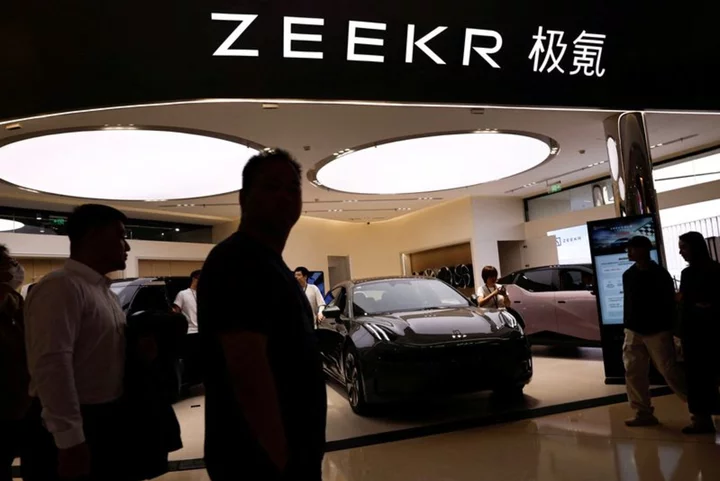
Zeekr makes US IPO filing public

DoorDash Is Working on an AI Chatbot to Speed Up Food Ordering
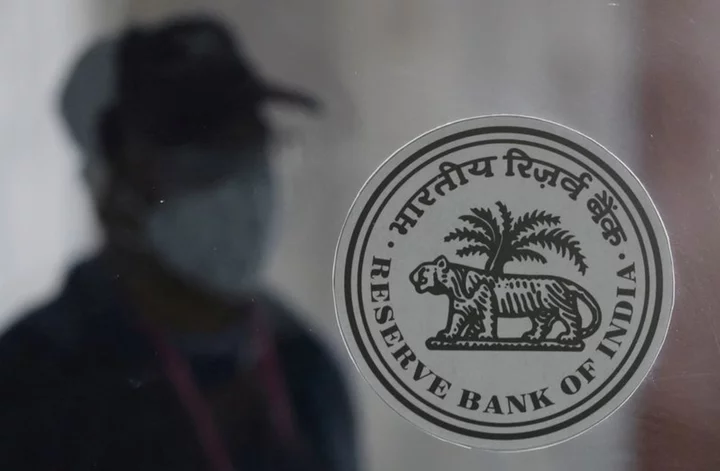
India market levels show effective rate has risen; cenbank meeting in focus

EU Trade Chief Warns China’s Ukraine Stance Is Hurting Trade

Germany braces for 50-hour train strike after employers refuse union demands

E3 Lithium Begins Operations of Alberta’s First Direct Lithium Extraction Field Pilot Plant
